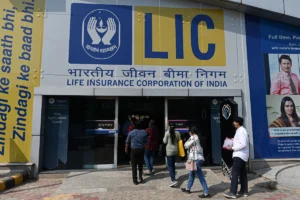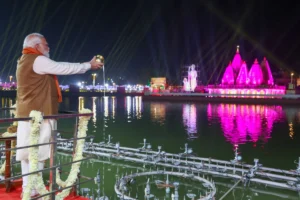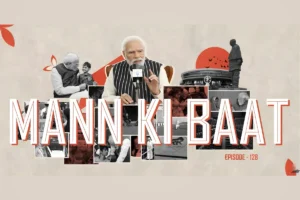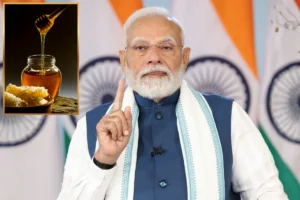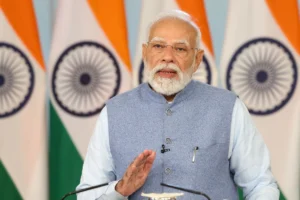
Vice President Jagdeep Dhankhar showered commendations on Chief Minister Yogi Adityanath during the convocation ceremony of Gautam Buddha University in Greater Noida, praising the significant transformation of Uttar Pradesh in terms of investments and law and order.
Highlighting Yogi Adityanath’s leadership, Vice President Dhankhar expressed his initial surprise when Yogi Adityanath assumed the role of Chief Minister, given the state’s historical concerns with law and order and development. He noted the substantial progress under Adityanath’s governance, describing Uttar Pradesh as a “role model of role models.”
Vice President Dhankhar acknowledged the frustration prevalent among the public due to a lack of deliberation on critical issues by those in power. However, he emphasized the remarkable transformation that has elevated Uttar Pradesh to a distinguished position on the global stage, making it a reference point for effective governance.
Referring to the chief minister as a noteworthy figure globally, Vice President Dhankhar underscored Uttar Pradesh’s success in attracting investments, becoming a preferred destination even in premium categories. This achievement was highlighted during the convocation, attended by CM Adityanath, state ministers Nand Gopal Gupta, Brijesh Singh, and Gautam Buddha University functionaries.
Drawing from his experiences as the governor of West Bengal and chancellor of numerous universities, Vice President Dhankhar described the convocation as unique, emphasizing its multifaceted dimensions encompassing growth, confidence, and the preservation of cultural heritage.
Also read: Haryana MLA Counters BJP MP’s ‘Dabdaba’ Assertion Following Rebuke of Wrestling Body
In a light-hearted note, he expressed admiration for Chief Minister Yogi Adityanath, humorously stating that Adityanath had “stolen a part of his heart” and his address. Furthermore, Vice President Dhankhar acknowledged his anticipation of a typical “politician’s” address but was pleasantly surprised by the Chief Minister’s role as a “spiritual leader, academician, statesman, and far-thinking person” addressing the students.
To read more such news, download Bharat Express news apps
















